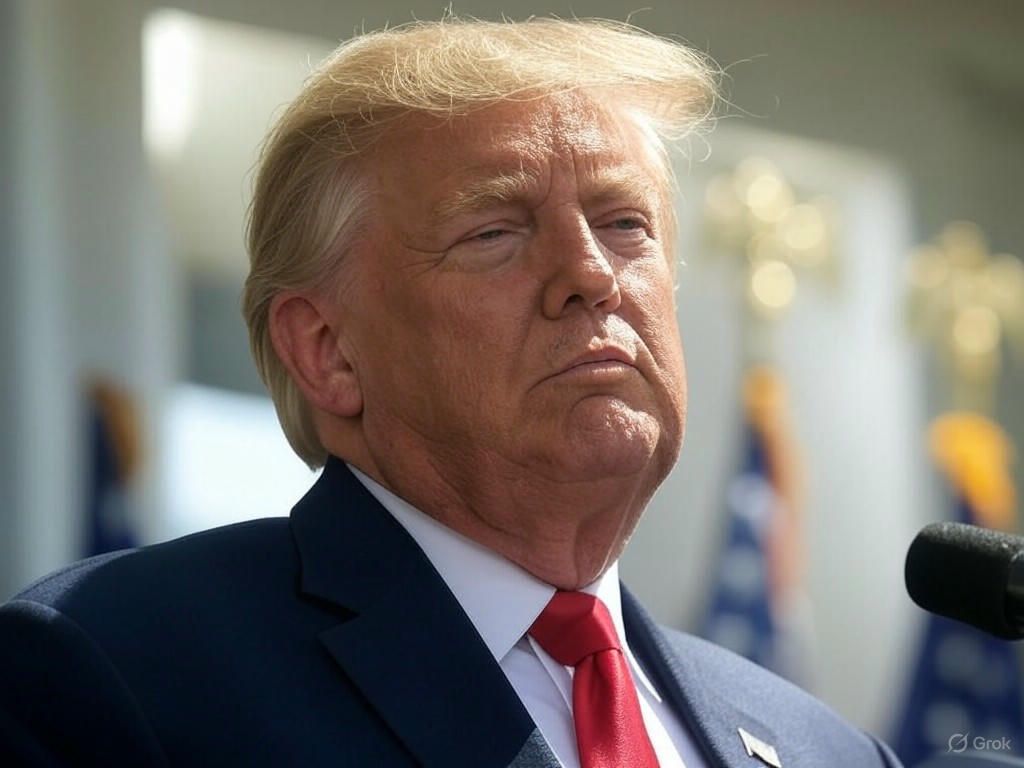In a surprising turn of policy, the administration of former President Donald Trump has proposed a sweeping restriction that could drastically alter the landscape of higher education in the United States. The latest directive aims to prevent almost all international students from entering the country to pursue studies at one of the nation’s most prestigious institutions, Harvard University. This move, announced recently, has sparked intense debate over the future of academic diversity and the global reputation of American universities.
The decision appears to target Harvard specifically, an Ivy League powerhouse where international students make up a significant portion of the student population—roughly 25 percent. Critics argue that this policy is part of a broader agenda to limit the influence of elite academic institutions, which have long been seen as hubs of progressive thought and global collaboration. Supporters, however, claim the restriction is a necessary step to prioritize American students and protect national interests during a time of economic and geopolitical uncertainty. The administration has yet to clarify whether this policy will extend to other universities or remain focused on Harvard, leaving the academic community in a state of suspense and speculation.
The implications of this policy are far-reaching. For Harvard, the loss of international talent could impact not only its cultural diversity but also its financial stability, as foreign students often pay full tuition without access to federal aid. Beyond the campus, this decision could deter prospective students worldwide from considering the United States as a destination for higher education, potentially shifting the balance toward countries like Canada, the United Kingdom, or Australia, which have increasingly positioned themselves as welcoming alternatives. Economists warn that the ripple effects could harm local economies near universities, where international students contribute significantly through housing, dining, and other expenditures.
Voices from the academic world have been quick to respond. Faculty members at Harvard and beyond have expressed concern that such a policy undermines the fundamental principles of knowledge exchange and intellectual growth. Student organizations, meanwhile, are mobilizing to challenge the directive, emphasizing the invaluable perspectives that global peers bring to their education. Some have pointed out that many international alumni go on to become leaders in their home countries, fostering long-term diplomatic and economic ties with the U.S. On the other side of the debate, proponents argue that the policy could open more opportunities for domestic students who often face fierce competition for spots at top-tier schools.
As this policy unfolds, the nation watches closely. Will this be a temporary measure, or does it signal a permanent shift in how the United States approaches international education? For now, the future remains uncertain, but one thing is clear: the debate over who gets to learn in America’s most hallowed halls is far from over. Harvard, a symbol of academic excellence, stands at the center of a storm that could redefine the boundaries of global education for years to come.
